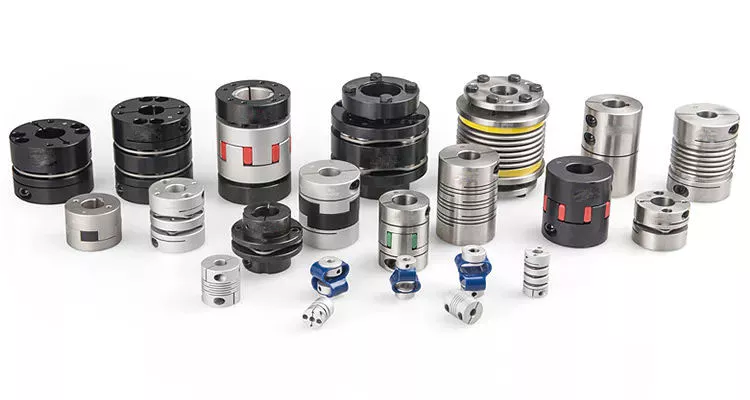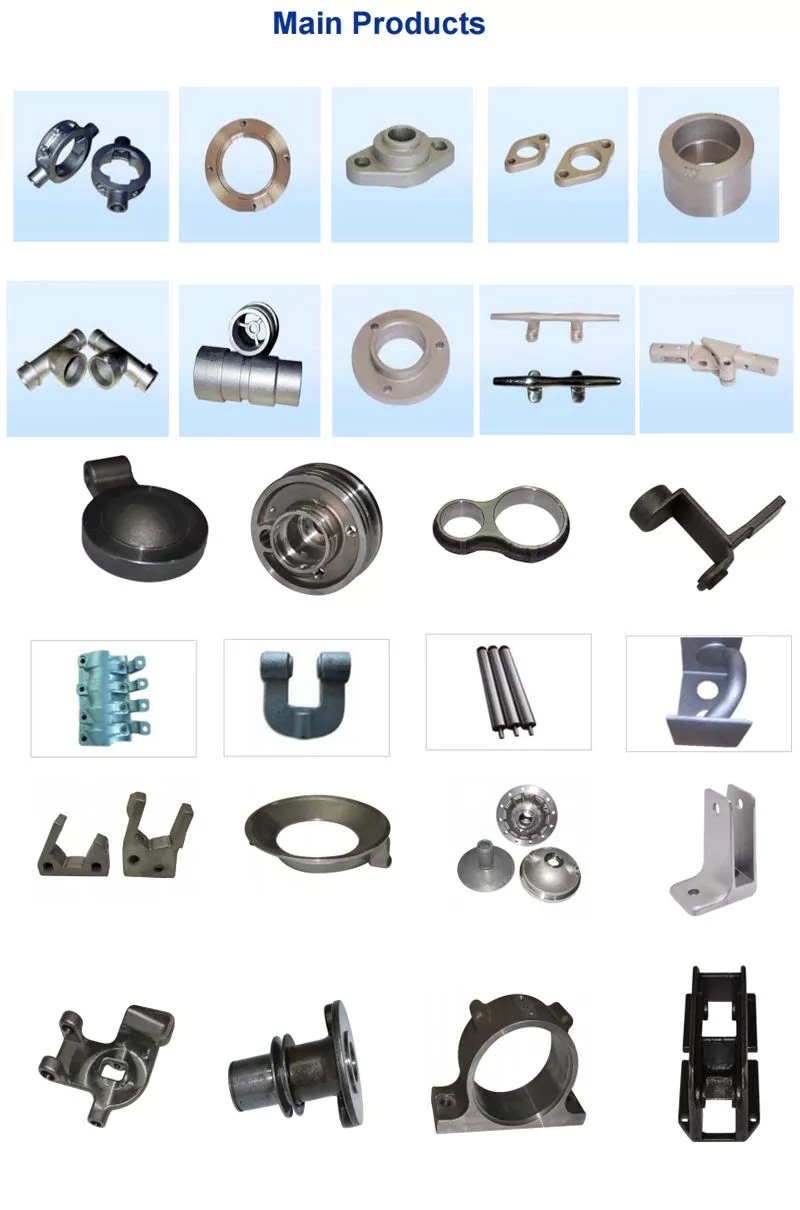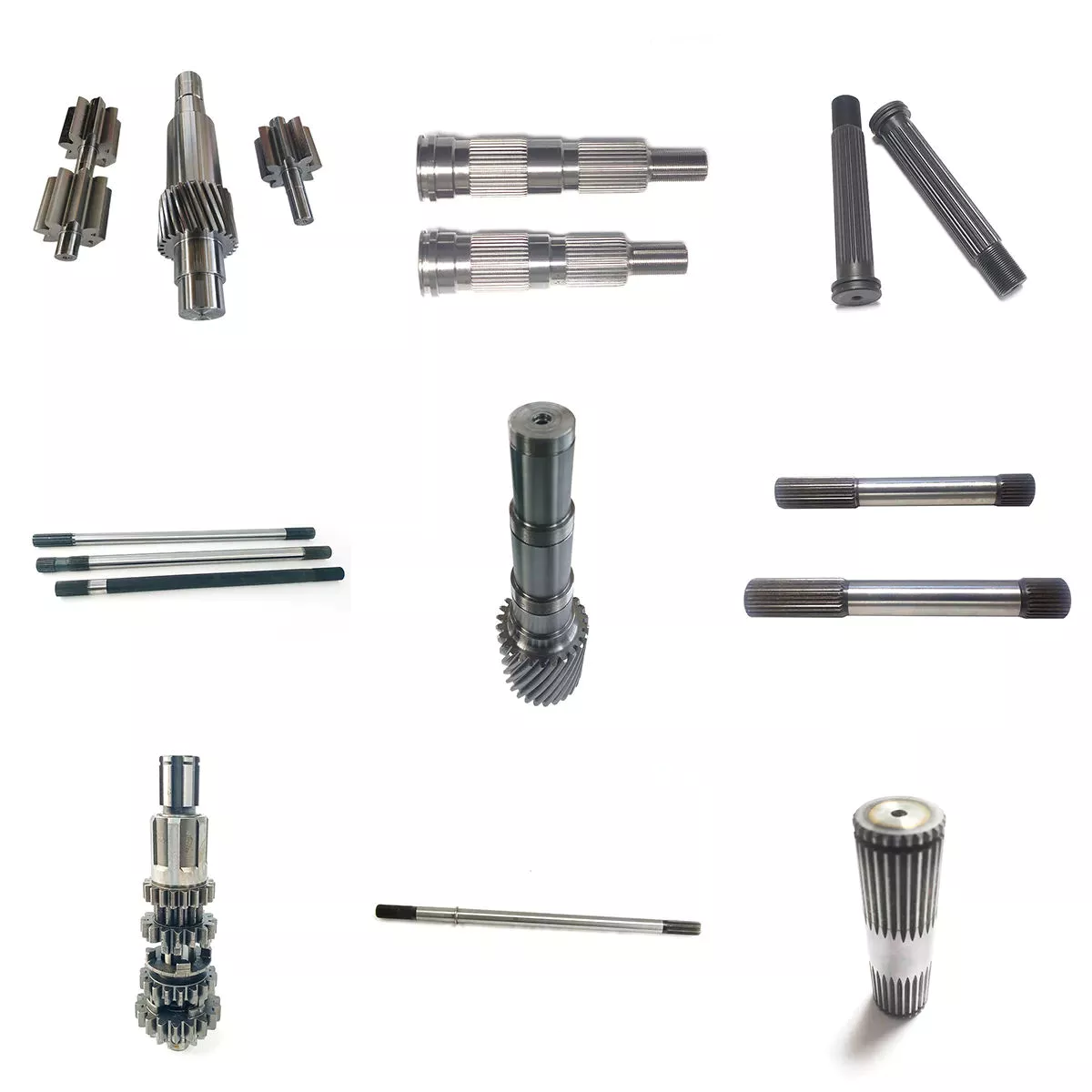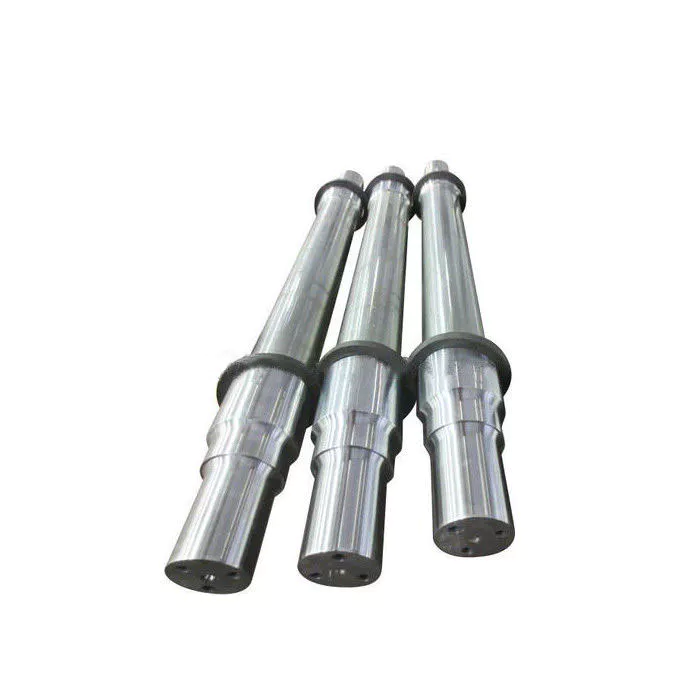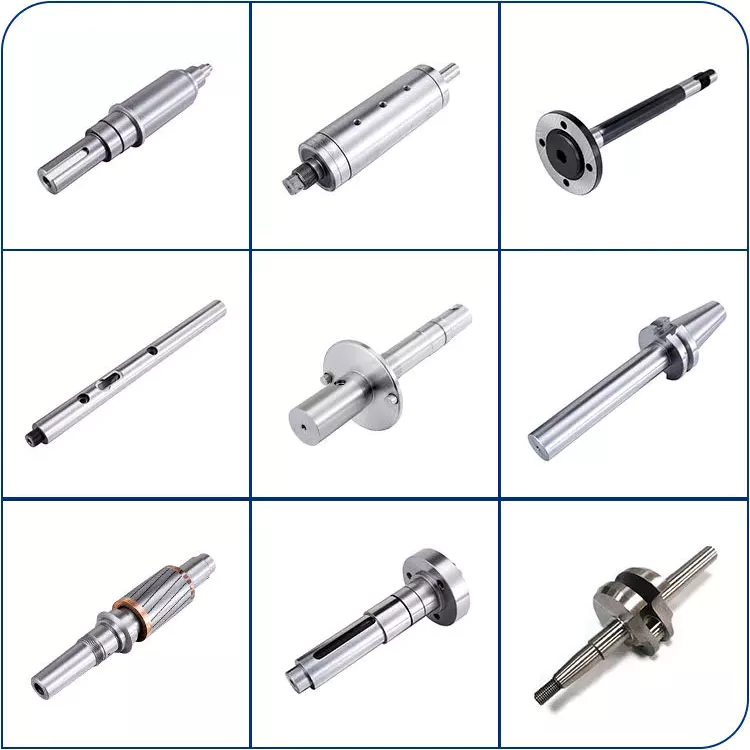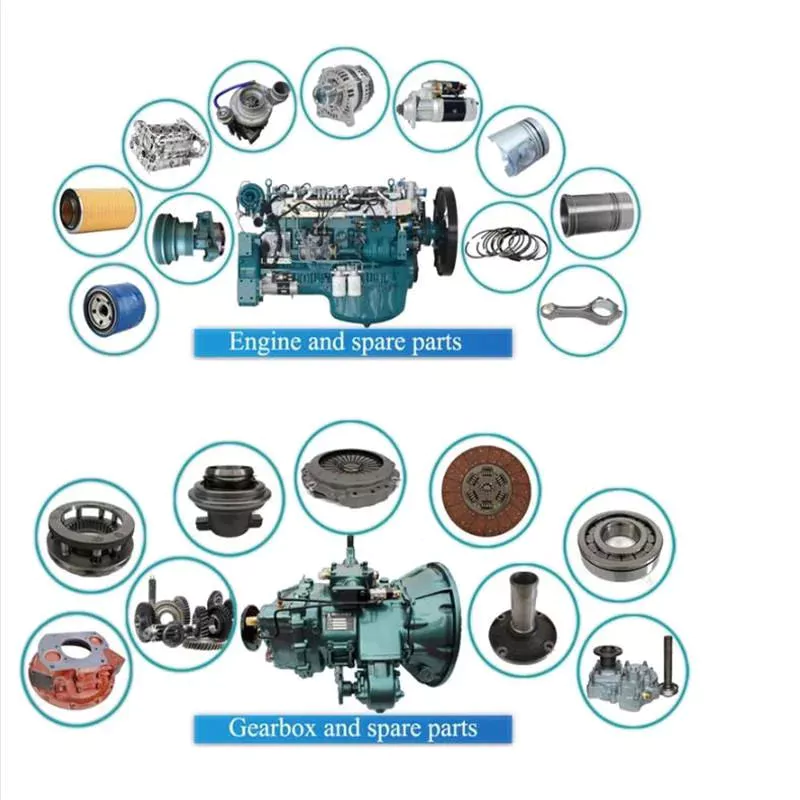Product Description
Beam Profile Drilling CNC Machinery CNC H Beam Marking Drilling Machine for Indonesia bridge steel structure
Introduction&Application:
The machine is mainly used for processing holes on H-beam, Channel beam with Angle beam and plate drilling and marking processing, high speed, the positioning, feeding of 3 spindles are all driven by servo motor. It adopts spindle servo motor, controls by YOKOGAWA PLC., and in-feeding by CNC carriage, high efficiency, and high precision; and it is wildly used in construction, bridge and tower mast & rack, with other industries.
The main advantage of high speed CNC drilling SWZ1250H, it’s high speed drilling, rotation speed can reach 3000rpm.
Due to SWZ1250H using the carbide drill bits, single hole processing efficiency increased to more than 5 times than the normal speed machine, the overall production efficiency more than 2 times than the normal machine.
For example: 22 mm diameter, thickness 20 mm workpiece, SWZ series drilling 1 hole need about 30 seconds, SWZ1250H series can be controlled within 5 seconds.
Machine feature:
1), The whole machine is optimized integrated design, with high quality machine body and drilling units, which ensure high stability and high rigidity when high speed drilling. This machine is mainly composed of main machine, CNC sliding table (3), drilling spindle box (3), clamping device, detection device, cooling system, scrap box, hydraulic station, lubrication system, Tool Magazine(optional), marking unit (optional).
2), The main machine is welded by square pipe. The structure of main machine is strengthened where the stress is greater. After welding, artificial aging treatment was carried out. All these ensure the stability of the main machine and then ensure accuracy of the whole machine.
3), There are 3 CNC sliding tables: fixed side CNC sliding table, movable side CNC sliding table and intermediate CNC sliding table. The 3 sliding tables are similar in structure and are composed of sliding plate, sliding table and servo drive system.
4), There are 6 CNC axes on the 3 sliding tables, including 3 feeding CNC axes and 3 positioning CNC axes. Each CNC axle is guided by precise linear rolling guide, driven by AC servo motor and ball screw, which ensures positioning accuracy.
5), There are 3 spindle boxes, which are mounted on 3 NC sliding tables for horizontal and vertical drilling. Each drilling spindle box can drill both separately and simultaneously.
6), Used high-speed precision spindle from ZheJiang ‘s well-known brand, model BT, which can meet the using demand of both hard alloy and high-speed steel drill. Every CNC axes are guided by the heavy loading roller linear guide, driven by the servo motor and roller screw which ensure the rigidity and positional accuracy.
7). Also equips with hydraulic tool cylinder, using hydraulic -disc spring to do automatic tool de-clamping, tool pulling, with tool status monitoring device to check the tool clamping and effective safety co-locking protection device. Easy to change tools. The spindle is driven by spindle servo and timing belt, reducing ratio i=2 , spindle speed is 0~3000r/min, large rotation speed range.
8), The workpiece is fixed by hydraulic clamping method. There are 5 hydraulic cylinders, which are clamped horizontally and vertically. Horizontal clamping consists of fixed side datum and moving side clamping, fixed side datum is fixed, moving side clamping is driven by large cylinder sliding table, guided by linear CZPT rail, moving towards the fixed side to clamp the workpiece horizontally; vertical clamping is on both fixed side and moving side, and each cylinder drives the pressure bar to move up and down in 4 positions. The workpiece is clamped vertically.
9), The machine is fed by a NC carriage. The NC carriage is decelerated by the servo motor through the reducer and then passes through the gear rack to driven a laser alignment device. When the workpiece is fed in, the workpiece can be detected and then fed back to realize the precise positioning of the workpiece.
10), Cooling system: using air-fog cooling, with the internal and external cooling. Each drilling spindle box is equipped with its own external cooling nozzle and internal cooling joint, which can be selected according to the needs of drilling holes. Internal and external cooling can be used independently or simultaneously.
11), Chip collecting box: Universal caster guide, easy to carry.
12), The hydraulic system is for auto tool device of ram type drilling box,Horizontal clamping, vertical clamping, side pushing and power raceway, unified oil supply; all the hydraulic units are from imported brands or joint venture companies, for easy maintenance and solving oil leaking, all the design adopts accumulative valves.If marking unit is equipped, there is also an independent hydraulic station for marking unit action.
13), Machine equips with auto lubrication system, automatic pump the lubrication oil into and do fully lubrication for each and every part of linear guide, ball screw nuts and every rolling bearings etc at regular time, no need manual lubrication, increase the parts life and save time. All the lubrication pump and units are using famous brands.
14), Tool Magazine(optional):Installed 3 inline type tool magazine, which realize the automatic tool change, also meet the demand of drilling multiple diameter’s hole. Oil spray and air spray cooling, has inner cooling and outer cooling efficacy.
15), Marking unit(optional): The marking unit adopts the disc typing structure, 0-9, A-Z, 36 characters are distributed on the disc, and the position is selected by the servo motor.
16), The control system is FACTORY PLC. Strong anti-interference, high precision, because of the digital communication, thus overcome the defect of easy be interference in traditional pulse analog transmission.
17), In order to ensure the accuracy, reliability and stability of transmission system, electrical system, hydraulic system, all the key components are from international famous brand.
Three BT40 Drilling Spindles (Top, Left and Right) with drilling function
Marking Unit and function:
Workpiece Sample with hole groupMain Specification:
| Model | XT-SWZ1250 | ||||
| Workpiece size | H Beam | Web x Flange (mm) | 150×80~1250×600 | ||
| U Beam | WebxFlange (mm) | 150×80~1250×400 | |||
| Box Beam | WebxFlange (mm) | 150×80~1250×400 | |||
| Angle Beam | WebxFlange (mm) | 200x200x16 | |||
| Max. Thickness(mm) | ≤80 | ||||
| Max. material length(mm) | 12000 | ||||
| Short material limiting | mm | Automatic processing≥3000 | |||
| Manual processing: 690~3000 | |||||
| Spindle | Spindle Axis | 3 | |||
| Spindle taper | BT40 | ||||
| Spindle rotation speed(r/min) Stepless speed regulation |
200~3000 | ||||
| Max. hole diameter(mm) | Fixed Side, Moving Side |
Φ40(High Speed) | |||
| Intermediate Unit | |||||
| Center line movement scope(mm) | Center slide table/ Horizontal direction |
50~1450 | |||
| Fixed side/movement side Vertical direction |
30~770 | ||||
| 3 Positioning CNC axis moving speed | m/min | 0-10m/min | |||
| 3 feed CNC axis moving speed | m/min | 0-5m/min | |||
| Web width detection stroke | mm | 1100 | |||
| Web height detection stroke | mm | 290 | |||
| Motor power | Spindle motor power (KW) | 3*11 | |||
| Servo motor power of 3 Pcs feeding Axis(KW) | 3*2 | ||||
| Servo motor power of 3 Positioning Axis (KW) | 3*1.5 | ||||
| Feeding Trolley | Feeding trolley servo motor(KW) | 5 | |||
| Maximum feeding speed(m/min) | 20m/min | ||||
| Maximum feeding weight(Tonnes) | 10T | ||||
| Control system | CNC System | Japan YOKOGAWA PLC | |||
| CNC Axis Quantity | 7 | ||||
| Hydraulic system | Max. Hydraulic Pressure (MPa) | 7.5 | |||
| Motor power(KW) | 5.5 | ||||
| Cooling system | No. of Nozzle | 3 | |||
| Pressure of compressed air (Mpa) | ≥0.5 | ||||
| Cooling way | Internal Cooling & External Cooling | ||||
| Tool Magazine(optional) | Tool Magazine Quantity | 3 | |||
| Tools quantity for each Magazine | 4 Pieces | ||||
| Marking unit(optional) | No. of Characters | 36 Characters | |||
| Characters Size | Φ10 mm | ||||
| Imprinting Depth | 0.8~1.5mm | ||||
| Position servo motor(KW) | 0.75 | ||||
| Working environment | Working power | Three phase 4 wire system 380±10%V, 50HZ | |||
| Control power | 220±10%V 50HZ | ||||
| Operate power | 24V DC | ||||
| Working temperature | 0ºC ~ 40ºC | ||||
| Humidity of environment | ≤75% | ||||
| Overall dimension(L×W×H)(mm) | About 6000×2100×3400 | ||||
| Main Machine weight (Kg) | About 8000 | ||||
List of the Key Outsourced Components:
| NO. | Name | Manufacturer | |
| Main Electric Component | |||
| 1 | Control system | Japan FACTORY PLC | |
| 2 | Servo Motor | Japan Panasonic | |
| 3 | Servo Driver | Japan Panasonic | |
| 4 | Spindle motor | Brand of China | |
| 5 | Computer | Lenovo China | |
| 6 | Rotary encoder | Weidmuller | |
| 7 | Proximity Switch | Normal Open | Brand of china |
| Normal Close | |||
| 8 | Proximity switch | Brand of china | |
| 9 | Photoelectric Switch | Germany SICK | |
| Main Hydraulic Pressure Components | |||
| 1 | Hydraulic valves(Main) | Italy ATOS | |
| Main Mechanical Components | |||
| 1 | Ball screw | ZheJiang | |
| 2 | Linear guide | ZheJiang | |
| 3 | Precision spindle | ZheJiang | |
| Other components | |||
| 1 | Spraying cooling pump | ARXIHU (WEST LAKE) DIS.NE | |
| 2 | Nozzle | BIJUR | |
| 3 | Pneumatic 2 couplet | AirTac | |
| 4 | Cylinder | AirTac | |
Note: The above parts are supplied by our Approved Suppliers. If encounter special situation, we will take replace with same or higher quality level parts.
Applicable Industry:
The machine tool is mainly used for drilling H-shaped steel, channel steel and other workpieces, and is widely used in construction, bridges and other industries.
Company Introduction:
ZheZheJiang nshine CNC is always focusing on our ultimate goal – to secure and increase our customer’s productivity – has made us the leader in China market in the manufacture of machines for processing angle bar, beam channel profiles, steel plates, tubesheet and flanges, mainly serving for fabricating iron towers, steel structure, heat exchangers, boilers, bridges, and trucks.Strong R & D center with more than 10 engineers team, 25 years of experience from year 1996, more than 100 staff, plant area about 25,000 sqm., very harsh quality control of every component and the whole machine, about 12 million US dollars sales turnover per year.
Sunshine CNC machines’ market share in China is around 70% and exported to 50+ countries across globe market. All top ranked tower manufacturers, steel structure fabricators and power station makers, bridge/railway manufacturers, truck makers are our clients.
Main products: CNC Angle Line, CNC Beam Drilling Sawing Machine, CNC Plate Drilling Machine, CNC Rail Processing Machine, CNC Tubesheet Flange Drilling Machine, Truck beam plate punching machine, etc.
One measure of the outstanding quality of our machines is their longevity: many Sunshine’s machines have been in operation for more than 10 years! Many clients are continually placing repeated orders which verified well our machines’ perfect quality and reliable performance.
The company drafted many China national standards for CNC angle line machine and CNC beam drilling sawing machine and CNC plate drilling machine.
Relevant Certificate:
After-sales Service:
Training for installation and service:
A. We will supply the machine with training video and user’s manual in English for installing, operation, maintenance and trouble-shooting, and shall give technical CZPT by e-mail, , Wechat, telephone/MSN/ICQ and so on, when you meet some problems of installation, using or adjusting.
B. You can come to our factory for inspection and training. We will provide professional guide. Direct and effective face-to-face training. Here we have assembled equipment, all sorts of tools and testing facility,we will also provide accommodation during training period.
C.The Strong after–sale service team in China, Our engineers (staffs) can speak fluent English to communicate and solve question when you have requirement calendar day per person.
D. Depending on the region, If need our engineer to visit for installation, we will dispatch engineer for installation and service at your site.
Warranty:
The guarantee period of quality shall be 12 months counting from the date on which the machine finished installation and accept by Buyer. We are responsible for providing the free of charge during the guarantee period. If out of guarantee time, all damaged parts are charged.
Packaging of interntaional standard way
FAQ:
1. When can you arrange shipment?
For machines available in stock, the shipment can be arranged within 15 days after getting advance payment or L/C;
For machines non available in stock, the shipment can be arranged with 60 days after getting advance payment or L/C.
2. What can you do if my machines have problems?
1) We can send you free components if machines are in warranty period;
2) 24 hours service on line;
3) We can assign our engineers to serve you if you want.
3. Do you provide machine operation training?
Yes. We can send professional engineers to the working site for machine’s installation, commissioning and operation training.
4. Which machine model shall I choose when I purchase from you?
Please share us your material size and your processing request, then we will recommend our machine most suitable and most cost effective for your work demand.
5. What’s your machine’s market share in China?
Our market share in China is about 70%+, and we’ve exported to 50+ countries across the globe market, since year 1996.
If you have an questions, pls call us without hesitation. Thanks!
Best Regards
Jack-Director
The Functions of Splined Shaft Bearings
Splined shafts are the most common types of bearings for machine tools. They are made of a wide variety of materials, including metals and non-metals such as Delrin and nylon. They are often fabricated to reduce deflection. The tooth profile will become deformed with time, as the shaft is used over a long period of time. Splined shafts are available in a huge range of materials and lengths.
Functions
Splined shafts are used in a variety of applications and industries. They are an effective anti-rotational device, as well as a reliable means of transmitting torque. Other types of shafts are available, including key shafts, but splines are the most convenient for transmitting torque. The following article discusses the functions of splines and why they are a superior choice. Listed below are a few examples of applications and industries in which splines are used.
Splined shafts can be of several styles, depending on the application and mechanical system in question. The differences between splined shaft styles include the design of teeth, overall strength, transfer of rotational concentricity, sliding ability, and misalignment tolerance. Listed below are a few examples of splines, as well as some of their benefits. The difference between these styles is not mutually exclusive; instead, each style has a distinct set of pros and cons.
A splined shaft is a cylindrical shaft with teeth or ridges that correspond to a specific angular position. This allows a shaft to transfer torque while maintaining angular correspondence between tracks. A splined shaft is defined as a cylindrical member with several grooves cut into its circumference. These grooves are equally spaced around the shaft and form a series of projecting keys. These features give the shaft a rounded appearance and allow it to fit perfectly into a grooved cylindrical member.
While the most common applications of splines are for shortening or extending shafts, they can also be used to secure mechanical assemblies. An “involute spline” spline has a groove that is wider than its counterparts. The result is that a splined shaft will resist separation during operation. They are an ideal choice for applications where deflection is an issue.
A spline shaft’s radial torsion load distribution is equally distributed, unless a bevel gear is used. The radial torsion load is evenly distributed and will not exert significant load concentration. If the spline couplings are not aligned correctly, the spline connection can fail quickly, causing significant fretting fatigue and wear. A couple of papers discuss this issue in more detail.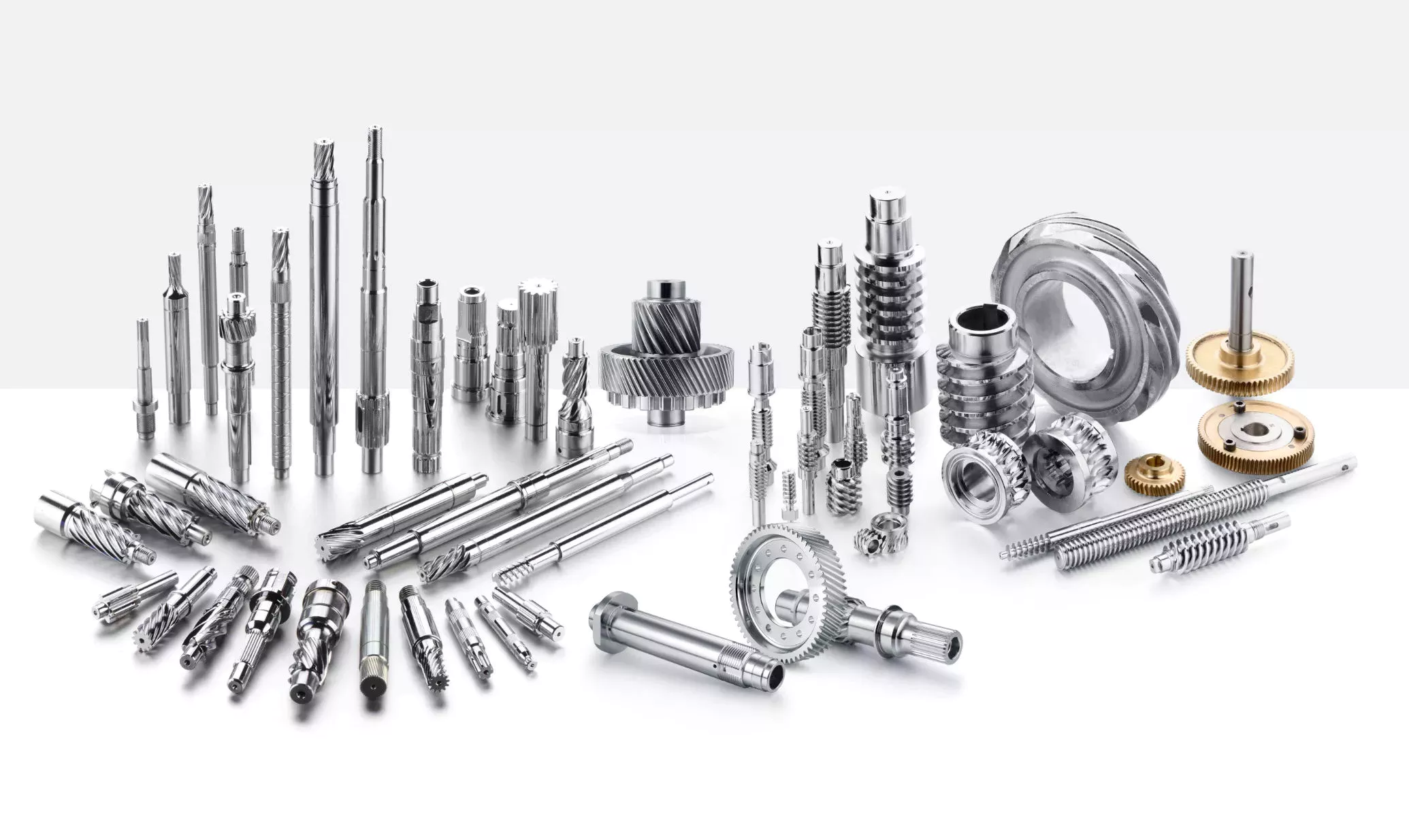
Types
There are many different types of splined shafts. Each type features an evenly spaced helix of grooves on its outer surface. These grooves are either parallel or involute. Their shape allows them to be paired with gears and interchange rotary and linear motion. Splines are often cold-rolled or cut. The latter has increased strength compared to cut spines. These types of shafts are commonly used in applications requiring high strength, accuracy, and smoothness.
Another difference between internal and external splined shafts lies in the manufacturing process. The former is made of wood, while the latter is made of steel or a metal alloy. The process of manufacturing splined shafts involves cutting furrows into the surface of the material. Both processes are expensive and require expert skill. The main advantage of splined shafts is their adaptability to a wide range of applications.
In general, splined shafts are used in machinery where the rotation is transferred to an internal splined member. This member can be a gear or some other rotary device. These types of shafts are often packaged together as a hub assembly. Cleaning and lubricating are essential to the life of these components. If you’re using them on a daily basis, you’ll want to make sure to regularly inspect them.
Crowned splines are usually involute. The teeth of these splines form a spiral pattern. They are used for smaller diameter shafts because they add strength. Involute splines are also used on instrument drives and valve shafts. Serration standards are found in the SAE. Both kinds of splines can also contain a ball bearing for high torque. The difference between the 2 types of splines is the number of teeth on the shaft.
Internal splines have many advantages over external ones. For example, an internal spline shaft can be made using a grinding wheel instead of a CNC machine. It also uses a more accurate and economical process. Furthermore, it allows for a shorter manufacturing cycle, which is essential when splining high-speed machines. In addition, it stabilizes the relative phase between the spline and thread.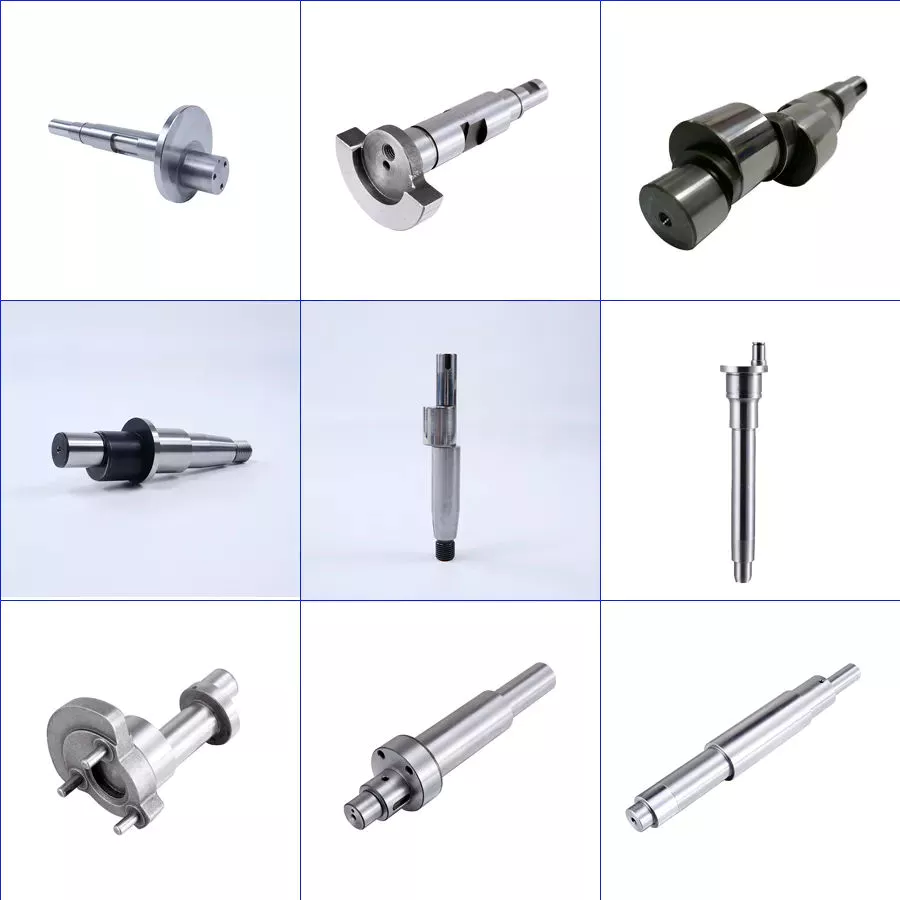
Manufacturing methods
There are several methods used to fabricate a splined shaft. Key and splined shafts are constructed from 2 separate parts that are shaped in a synchronized manner to transfer torque uniformly. Hot rolling is 1 method, while cold rolling utilizes low temperatures to form metal. Both methods enhance mechanical properties, surface finishes, and precision. The advantage of cold rolling is its cost-effectiveness.
Cold forming is 1 method, as well as machining and assembling. Cold forming is a unique process that allows the spline to be shaped to the desired shape. The resulting shape provides maximum contact area and torsional strength. Standard splines are available in standard sizes, but custom lengths can also be ordered. CZPT offers various auxiliary equipment, such as mating sleeves and flanged bushings.
Cold forging is another method. This method produces long splined shafts that are used in automobile propellers. After the spline portion is cut out, it is worked on in a hobbing machine. Work hardening enhances the root strength of the splined portion. It can be used for bearings, gears, and other mechanical components. Listed below are the manufacturing methods for splined shafts.
Parallel splines are the simplest of the splined shaft manufacturing methods. Parallel splines are usually welded to shafts, while involute splines are made of metal or non-metals. Splines are available in a wide variety of lengths and materials. The process is usually accompanied by a process called milling. The workpiece rotates to produce the serrated surface.
Splines are internal or external grooves in a splined shaft. They work in combination with keyways to transfer torque. Male and female splines are used in gears. Female and male splines correspond to 1 another to ensure proper angular correspondence. Involute splines have more surface area and thus are stronger than external splines. Moreover, they help the shaft fit into a grooved cylindrical member without misalignment.
A variety of other methods of manufacturing a splined shaft can be used to produce a splined shaft. Spline shafts can be produced using broaching and shaping, 2 precision machining methods. Broaching uses a metal tool with successively larger teeth to remove metal and create ridges and holes in the surface of a material. However, this process is expensive and requires special expertise.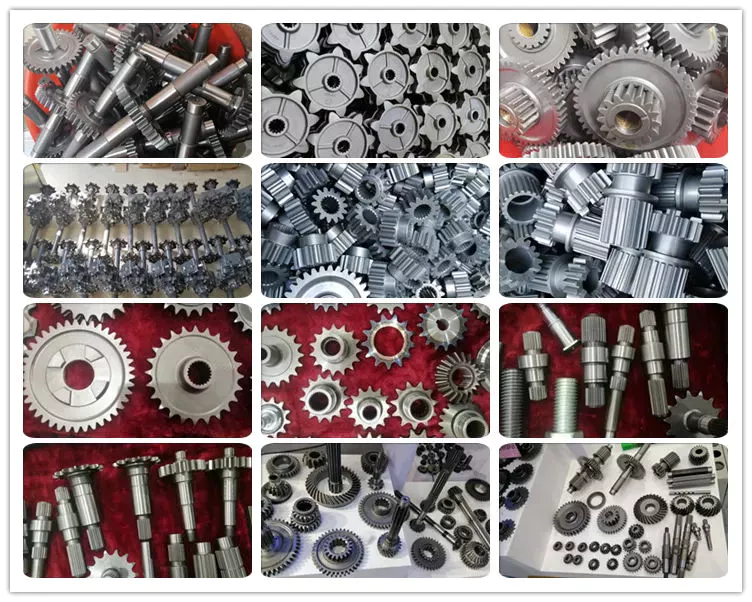
Applications
The splined shaft is a mechanical component with a helix-like shape formed by the equal spacing of grooves in a circular ring. The splines can either have parallel or involute sides. The splines minimize stress concentration in stationary joints and can be used in both rotary and linear motion. In some cases, splines are rolled rather than cut. The latter is more durable than cut splines and is often used in applications requiring high strength, accuracy, and smooth finish.
Splined shafts are commonly made of carbon steel. This alloy steel has a low carbon content, making it easy to work with. Carbon steel is a great choice for splines because it is malleable. Generally, high-quality carbon steel provides a consistent motion. Steel alloys are also available that contain nickel, chromium, copper, and other metals. If you’re unsure of the right material for your application, you can consult a spline chart.
Splines are a versatile mechanical component. They are easy to cut and fit. Splines can be internal or external, with teeth positioned at equal intervals on both sides of the shaft. This allows the shaft to engage with the hub around the entire circumference of the hub. It also increases load capacity by creating a constant multiple-tooth point of contact with the hub. For this reason, they’re used extensively in rotary and linear motion.
Splined shafts are used in a wide variety of industries. CZPT Inc. offers custom and standard splined shafts for a variety of applications. When choosing a splined shaft for a specific application, consider the surrounding mated components, torque requirements, and size requirements. These 3 factors will make it the ideal choice for your rotary equipment. And you’ll be pleased with the end result!
There are many types of splines and their applications are endless. They transfer torque and angular misalignment between parts, and they also enable the axial rotation of assembled components. Therefore, splines are an essential component of machinery and are used in a wide range of applications. This type of shaft can be found in various types of machines, from household appliances to industrial machinery. So, the next time you’re looking for a splined shaft, make sure you look for a splined one.


